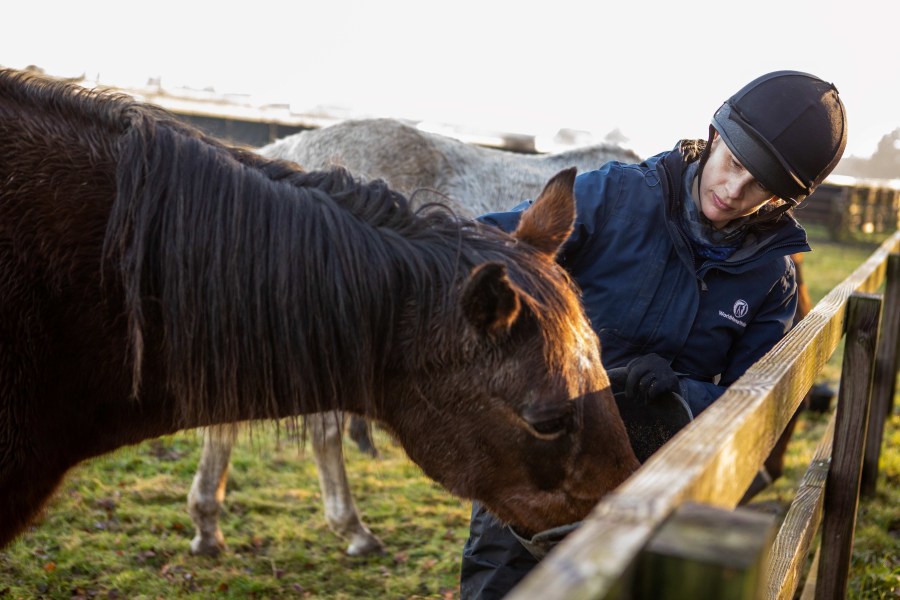Equine charity World Horse Welfare revealed ambitious environmental commitments as part of its new sustainability strategy at its annual conference earlier this month.
The charity’s new strategy, which has been created with the pro bono help of sustainability consultancy White Griffin, sets out its commitment to making a positive impact on the natural world through its welfare work.
The strategy features eight overarching goals as well as a roadmap of commitments to be implemented in both the UK and abroad.
“Our environmental welfare strategy acknowledges the interconnectedness of the wellbeing of people, horses and the environment,” said World Horse Welfare chief executive Roly Owers.
“This strategy focuses upon the ways in which we will ensure environmental sustainability is embedded in our own operations, as well as our research, education and influencing work.
‘Beginning of our journey’
“We are at the beginning of our journey into these complex connections, and we do not have all the answers. But we are committed to learning – and crucially, acting – to move forward towards a world that is kinder for people, the environment and of course horses.”
Domestically, the charity aims to launch research-based land management projects at its farms to ensure all the horses living there are looked after more sustainably and in ways that could further benefit their welfare.
World Horse Welfare is also hoping to partner with wildlife charities in order to promote nature and conservation at its visitor centres.
The charity has created educational resources which include webinars, information documents, case studies and tips for horse owners to download from their website.
Internationally, the charity will continue to support communities to create and implement sustainable practices that promote help the environmental rather than being detrimental to it.
The World Horse Welfare annual conference, which was attended by over 750 people, took place at the Royal Geographic Society on Thursday 7 November. The conference was sponsored by the Sir Peter O’Sullevan Charitable Trust.
To find out more about the new strategy or to download the resources click here.









